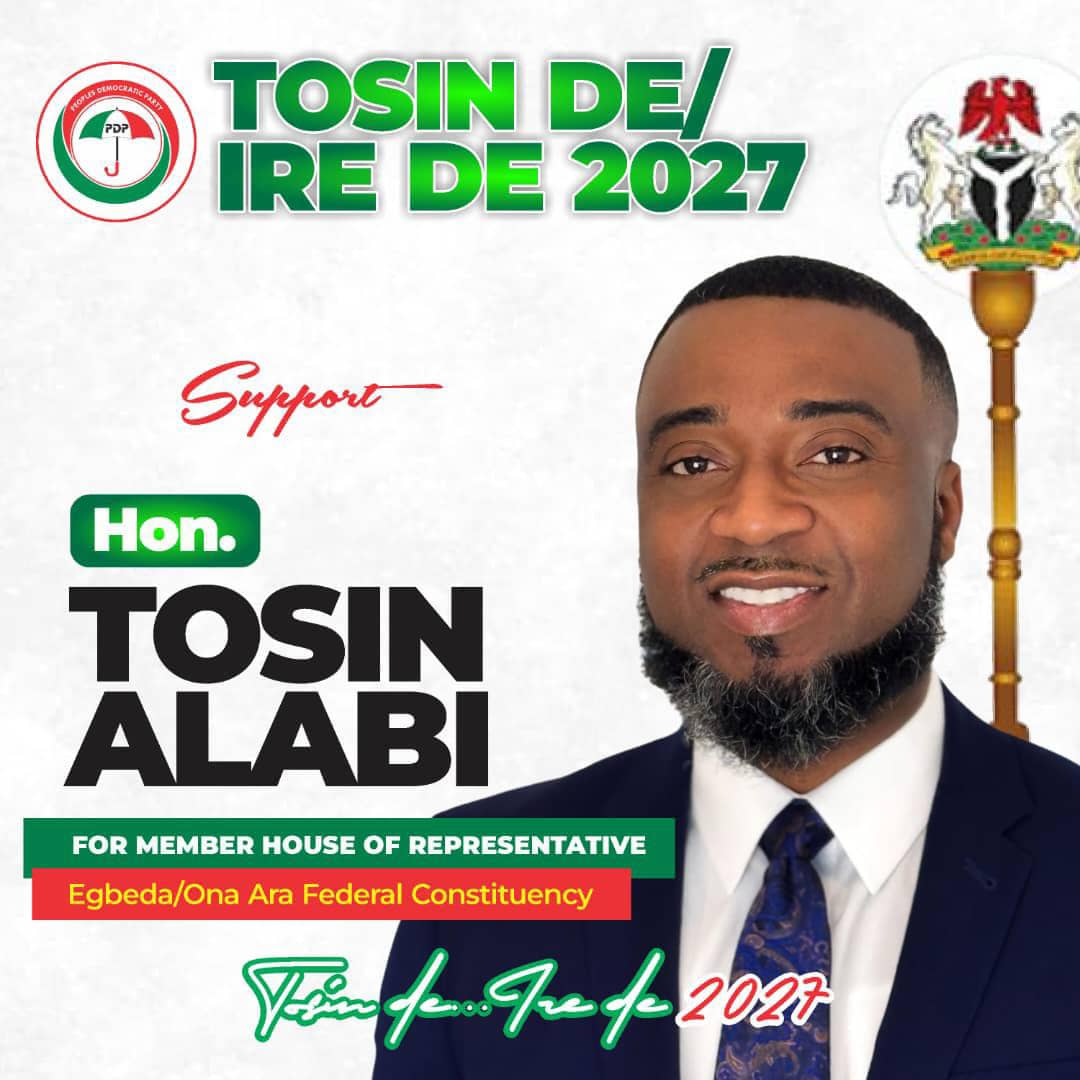The former House of Representatives member chaired this year’s edition of Ibadan College of Medicine Alumni Day Celebration (ICOMAA) Worldwide, whic has as members prominent people like Emeritus Prof. O.O Akinkugbe, Emeritus Prof.E.Oluwole Akande, Prof. E.Oluwabunmi Olapade-Olaopa (Provost,College of Medicine,UI) , Prof.Isaac Adewole(Minister for Health),Prof. M.T Shokunbi, Prof. Temitope Alonge(CMD,University College Hospital, Ibadan), Dr. Abib Olamitoye (CEO, Ibadan Central Hospital, Ibadan) and others.
Speaking, Akanbi, who spoke about brain drain in Nigeria’s health sector, said there are justifiable expectations by citizens that democracy should engender better access to public goods such as education, health, roads and security.
He added: “The notion of state legitimacy therefore rests on the capacity of the state and its agents to provide public goods in sufficient quantity and quality. Whenever state fails to meet citizens’ expectation in fulfilling this overriding obligation, it chips away at its legitimacy and authority such that citizen’s loyalty shifts away from the state to non-state sources of public goods, be it individual or group. It is therefore not surprising that most states that fail to meet citizens’ expectation and demand for public goods often struggle to maintain effective authority, stability and peace.

“The phenomenon of brain drain in Nigeria’s health system resulting in the paradox of so-called medical tourism, the impact of brain drain and apparent lack of effective strategy to arrest and reverse the trend is patently palpable.
“There are several factors responsible for the high rate of brain drain in Nigeria’s health sector. There include poor salary and emoluments, low work satisfaction due to poor working conditions, inadequate opportunities for career progression, poor quality of practice due to lack of equipment, poor treatment of the sector by the government among others. As a result of these problems, majority of medical personnel aspire to secure job placement abroad in order to guarantee better quality of life. As more and more medical professionals exit the country, there is increasing strain on the limited available number of medical personnel resulting in constant fatigue, misdiagnosis and poor quality care
He said further that ‘it is estimated that Nigeria loses one billion US dollars annually to medical tourism. The brain drain which resulted from lack of investment in the health sector has crystalized into “patient drain,” especially for the wealthy who could afford the cost of care abroad. Astonishingly, Nigerian medical tourists, like their counterparts in higher education, sometimes end up being treated by no other than their fellow countrymen and women in foreign medical facilities. These two cases of endemic crises in public goods provision invite deeper interrogation of not just the causal factors but potential pathways out of the conundrum.

Meanwhile, to transform brain drain to brain gain in Nigeria’s health sector, Akanbi prescribed two critical pathways out of this crisis. First, he said there is urgent need to stem the tide of emigration of highly trained health professionals. This according to him requires improvement in salaries and emoluments and better working conditions. ”These two reasons account for more than 80 per cent of the reasons cited for emigration.”
Second, he said there is the need to follow the model of some East Asian countries where special schemes were designed to attract professionals who have emigrated but are desirous of “giving back” to the motherland.
The Federal Ministry of Health in conjunction with Ministry of Foreign Affairs need to develop a data bank of Nigerian medical and health professionals currently working abroad. There is also the need to map the various groups and associations of Nigerians in that category with a view to creating incentives for them to return and offer medical and health services back home, even if on temporary rotational basis. “This will yield two benefits: First; it will boost access to high quality healthcare. Second; it will enable knowledge and technology transfer. In the process, Nigerian would have succeeded in transforming brain drain to brain gain.”

In his speech at the occasion, the current ICOMAA President Worldwide, Dr. Abib Olamitoye who also doubles as the CEO/CMD of Ibadan Central Hospital, Ibadan, said “we have a reformer, a go-getter, a mover and shaker in corporate social responsibility, a well-known philanthropist, the darling of the people, a benevolent benefactor, a seasoned political heavy weight, who is seated today as our chairman.”
“He has been tried, tested, trusted and respected across board. Our chairman of this occasion is an astute administrator and a rising star. Right before us, we have a mentor and a role model par excellence-Senator Rilwan Adesoji Akanbi.
























